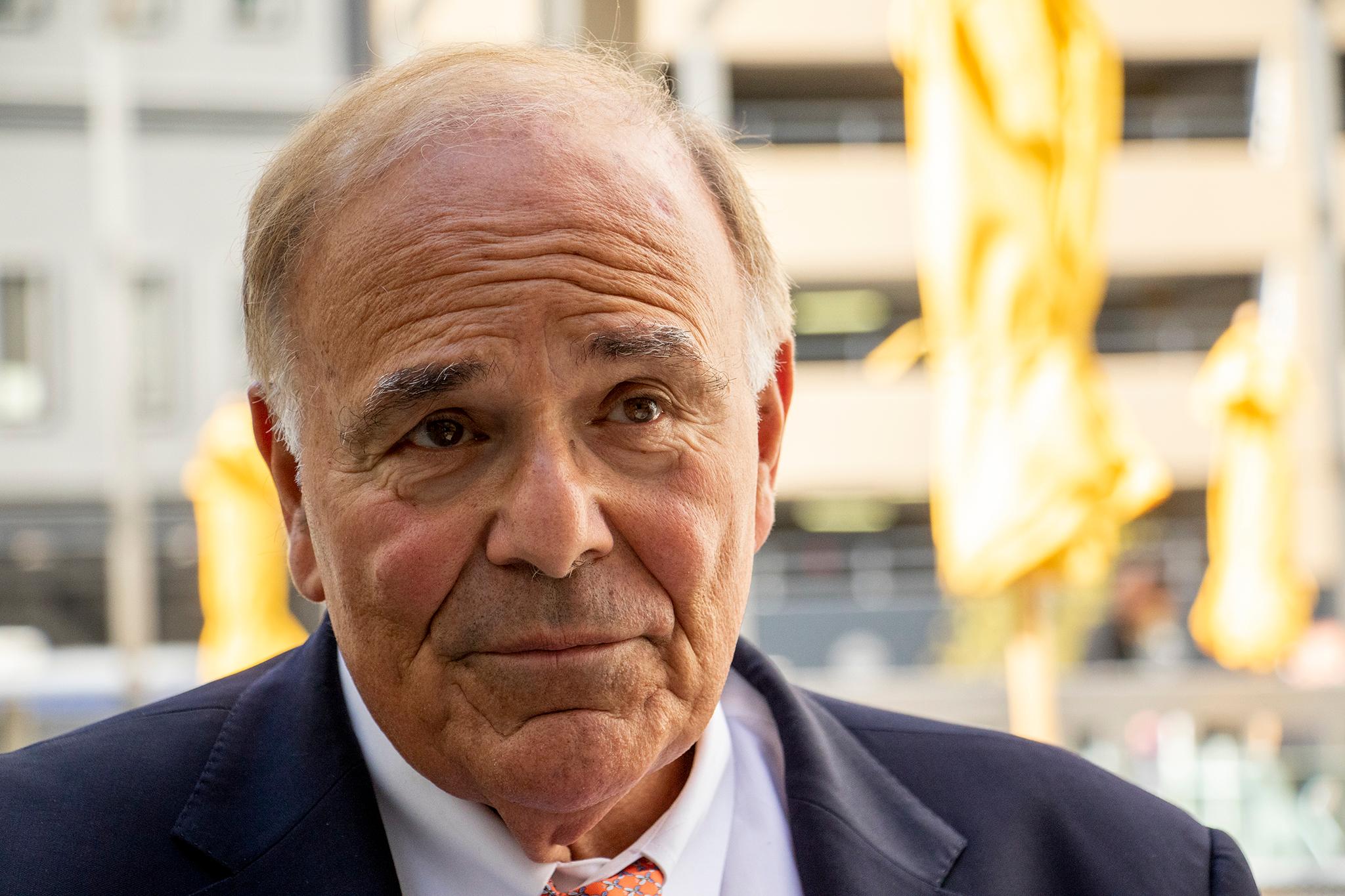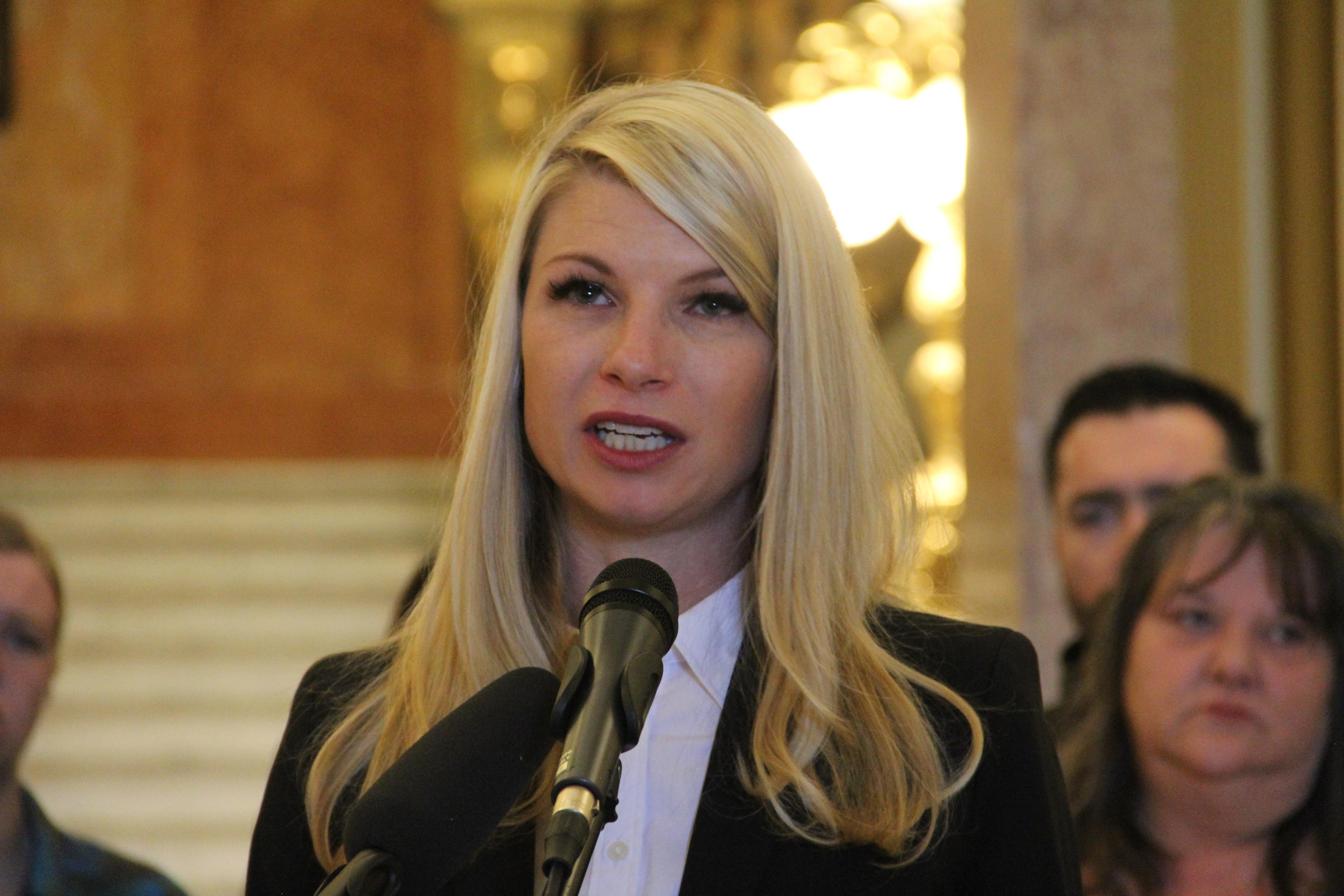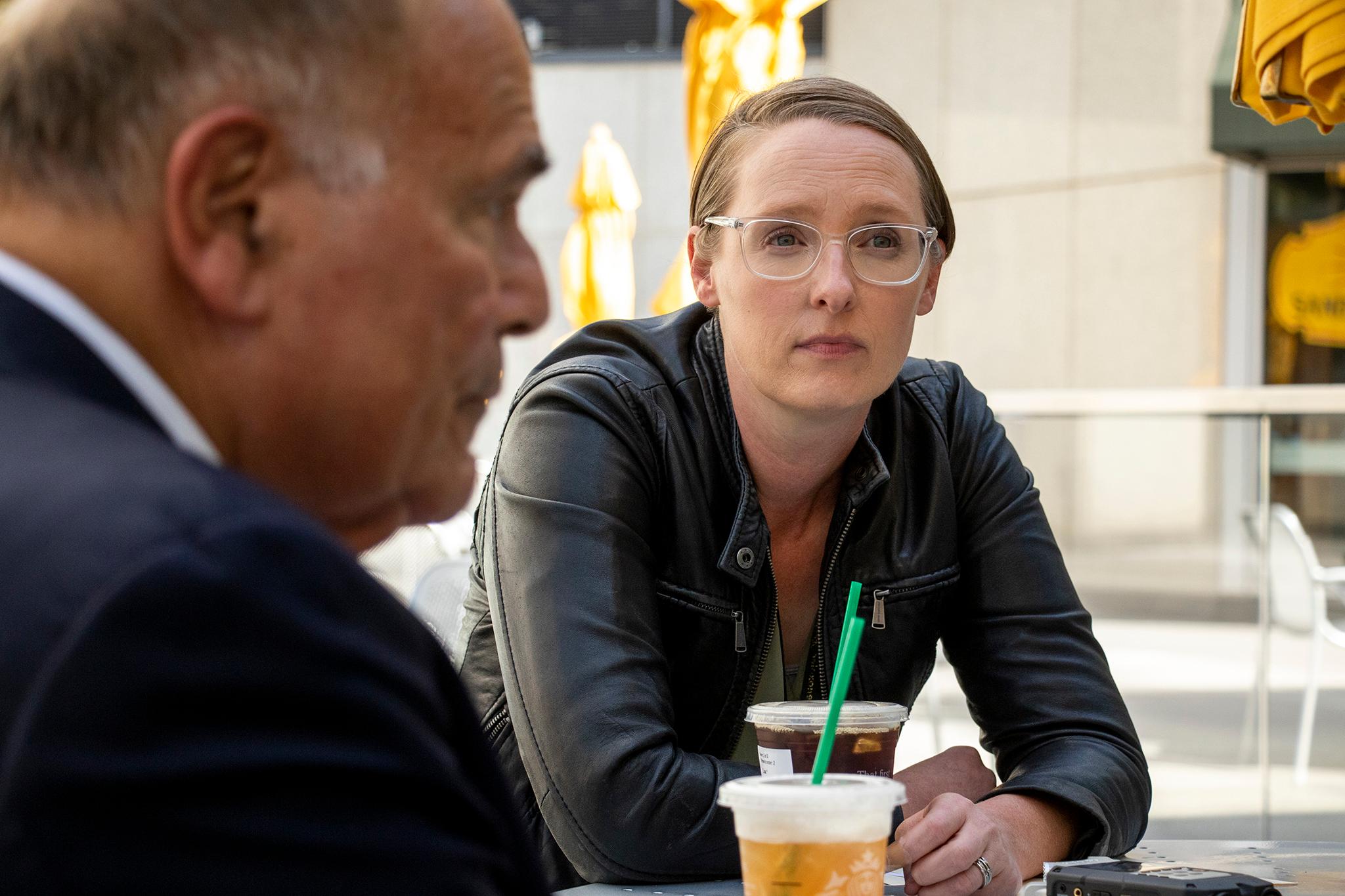Supporters hoping to create a supervised injection site to Denver are celebrating a recent federal court ruling paving the way for Philadelphia to open the first such site in the country.
"Oh, I'm excited. We needed this," said Lisa Raville, executive director at the Harm Reduction Action Center and advocate for creating a site to Denver. "This coming out of Philadelphia and Pennsylvania ... is huge for the movement."
A supervised injection site would allow people to use drugs including heroin under the supervision of trained staff who would have access to naloxone, the opioid overdose medication. Their primary goal is to reduce the number of overdoses, promote treatment and lower the rates of diseases spread through needle use. They're supported by the American Medical Association.
Raville had a special guest last week to celebrate the occasion. Former Pennsylvania Governor Ed Rendell was in Denver on Thursday at a fundraiser for local efforts to establish a supervised injection site in the city.
Last year, Rendell incorporated a nonprofit called Safehouse for a supervised injection site in Philadelphia. Last week, a U.S. District judge ruled in favor of Safehouse in their plan to open the nation's first supervised injection site. The ruling meant the judge agreed that their plan to open the site did not violate the Controlled Substance Act, a federal law.
An appeal from the feds, who oppose such sites, is expected in the Philadelphia case, according to NPR.
There's an important distinction Rendell likes to highlight about these sites. They would not provide any drugs, only allow users to bring them to the site for supervised use.
"If we don't do it, they'll inject themselves at home," Rendell said. "And most of them will inject themselves alone."
It's the second time Rendell has been at the forefront for new -- and controversial -- methods to address drug use. As Mayor of Philadelphia in the early 1990s, he signed an executive order establishing a needle exchange program called Prevention Point.
At the time, such programs were not common but were slowly developing as a measure to combat the burgeoning HIV/AIDS epidemic. Rendell fought off suggestions that the needle exchange program would increase crime and create more drug users.

"We're not representing ourselves as a solution to the opioid crisis," Rendell said. "We are not. There is so much more that needs to be done. We are dealing with the symptoms, the ramifications of the opioid crisis. Our sole task is to save lives."
Philadelphia has seen a sharp increase in the number of fatal overdoses over the past five years. While numbers dipped in 2018, it still meant the city had more than 1,100 fatal overdoses last year. Denver had 209 fatal overdoses last year. Philly's population is twice as large as Denver's.
The ruling could have some implications for efforts in Denver.
Raville said they're trying to figure out how they can use the ruling to open up a Denver supervised injection site. There is no current pending litigation involving the Denver site.
Their efforts to open the site were stalled at the state level earlier this year.
After Denver City Council approved a pilot program in 2018, a statewide bill was needed to make it lawful. No such bill was introduced this past legislative session, leaving plans in limbo.
Raville said they will still push elected officials to pass a complementary bill allowing Denver's site to operate. Their goal would be to add the site to supplement the Harm Reduction Action Center's existing needle exchange program. The center's offices are located on Colfax Avenue, across from the State Capitol. Raville said only private money would be used to fund the supervised injection site.
The ruling siding with Philadelphia's site was made in the Third Circuit Court of Appeals, which has no jurisdiction over Colorado. The state is under the Tenth Circuit Court of Appeals. These appellate courts sit right under the U.S. Supreme Court. Rendell said he still thinks the opinion could be "persuasive" in favor of Denver's site in case of potential federal intervention.
A statement provided to Denverite on behalf of Colorado U.S. Attorney Jason Dunn last Friday seems to suggest this isn't the case. Dunn was appointed by President Trump and is the state's top federal prosecutor.
"The decision by a District Court in Pennsylvania is not binding in Colorado, and is likely to be appealed by the Department of Justice," the statement reads. "This office maintains that any premises intended to be used as a so-called injection site for illegal drugs violates federal law, and we will continue to act accordingly."
Robert Valuck, executive director at the Colorado Consortium for Prescription Drug Abuse Prevention, said it's unclear if the decision could set a wider precedent reaching Colorado.
"It's not a direct answer in this district ... it wasn't a judge here," Valuck said. "So it's not directly answering questions about Denver or any particular program here in Colorado. But there are those who think it could apply."

State Sen. Brittany Pettersen of Lakewood, who was one of the lawmakers working on a bill last session, said last week she believes the decision could set a precedent.
But the Democrat added that she would not introduce a bill to allow a Denver site to operate when lawmakers return to the capitol in January. Pettersen has championed the issue of opioid addiction and pushed for more restrictive prescriptions and better access to treatment. Her mother used drugs for more than 30 years.
Pettersen said a measure doesn't have a chance of passing and thinks it would instead give opponents on the right political ammunition and would set the whole discussion back.
"It brings fear and misinformation around the people that are the most vulnerable right now. It's just been a really unproductive situation," Pettersen said.
Raville and company could have additional support from higher-ups in Colorado.
Former Colorado Attorney General Cynthia Coffman, a Republican, said her public health background has helped her see addiction and substance use as a public health issue.
She called the court ruling a positive step.
"It does appear to me like the ruling certainly fits what we are trying to establish in Denver," Coffman said. "The opportunity to go to trail in federal district court in Colorado to me becomes much more appealing when we have a precedent from another jurisdiction."
Several current attorneys general backed Philadelphia's case, including Colorado Attorney General Phil Weiser, a Democrat. Weiser filed a friend of the court brief along with other attorneys general supporting Safehouse's case. Weiser was not available for comment.
"The (Controlled Substance Act) should not be interpreted to prevent States from exercising their police power to develop innovative public health solutions," the friend of the court brief reads. "Section 856 of the CSA was developed to shut down 'crack houses,' not community health clinics. (Supervised Injection Sites), unlike crack houses, do not distribute, manufacture, or encourage drug possession."
In addition to community advocates, Raville said she has the backing of local businesses, who want to avoid drug use in their bathrooms, and the Interfaith Alliance of Colorado.
CPR News reporter Bente Birkeland contributed to this report.












